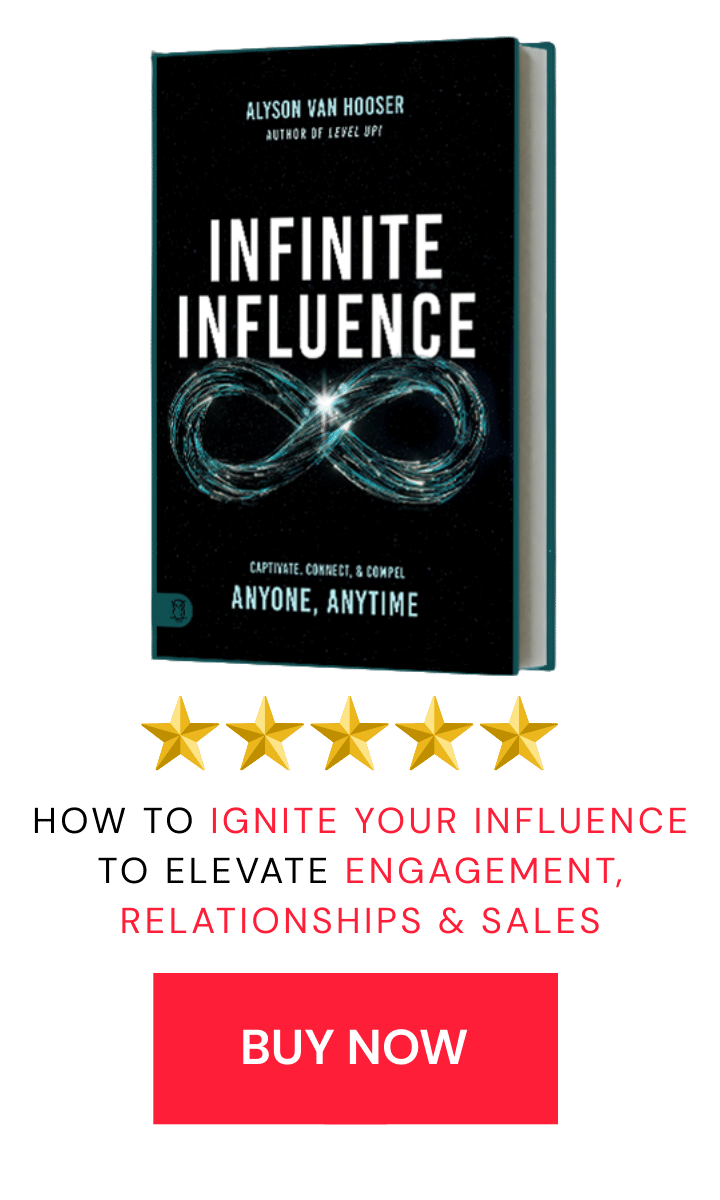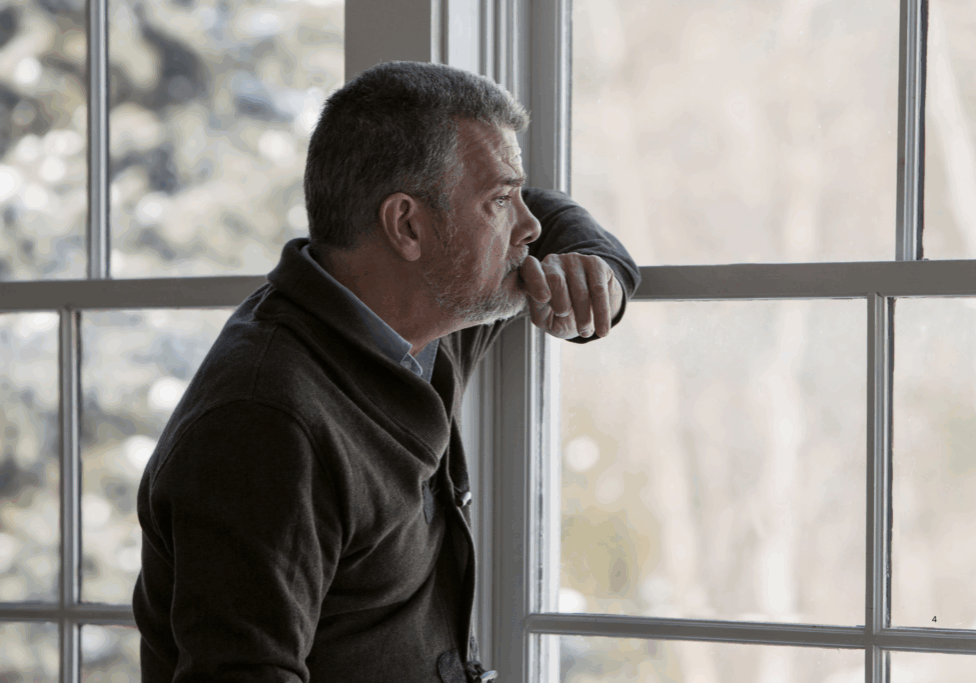Four times in the next two weeks, I’ll be talking with business clients about coping with stress, fear and managing change. These are some very real and difficult challenges for all of us. But especially for leaders. Leaders not only have to deal with their own personal reactions to change, fear and stress. They also have to figure out how to help their employees do the same. This 7 question test will help you know how well you’re coping with stress. Then offers some practical ways you and your people can not just get through this stressful season of change, but come out of it better than ever!
Get our leadership blog by email + get a bonus welcome gift!
The 7 Question “Coping with Stress” Test
1. Am I “awfulizing”?
You’re probably asking yourself, “Is that even a word?”
Well, let me explain.
When somebody asks, “So, how are you doing? How’s it going working at home? How are the kids? When do you think it’s going to be better?”…
And every response is, “I’m awful! Working at home is awful! The kids — they’re awful! And it’s going to be awful for the foreseeable future!”…
THAT is “awfulizing.”
You know I’m over exaggerating slightly. But you understand “awful” is all some people can see during the stressful moments in their life. For them, the effects of everything that’s going on — “it’s all awful.”
Make no mistake, plenty of studies indicate that people who focus on the negative aspects of what’s going on in their lives actually realize negative physical effects. This 2016 article in Forbes discusses what negativity does to our immune system…and it’s not pretty.
So I encourage you to check yourself.
I know after about a week or so of social distancing during the COVID-19 pandemic, I couldn’t take much more. Not interacting with people… not being able to do what I wanted… reading and consuming too much social media — all of it negative… I realized I was beginning to “awfulize.”
I realized I needed a fun way of coping with stress and the negativity of it all. So I started a mustache challenge on FB! (If you see what it’s all about, check it out here!)
A “mustache challenge” may not help everyone coping with stress. But the point is to find something that will take your attention off the negative and change your attitude. What would that be for you?
2. Am I being honest with myself?
Let’s go back to Question 1. I had to honestly look at how I was handling my reaction to this new reality. Only when we’re honest about how we’re coping with stress can we consider the steps necessary to proactively manage the situation. As you consider the next questions in this “coping with stress” test, challenge yourself to be honest.
3. Am I eating and resting as I should?
We all know that if we put the wrong fuel in our vehicles, it’s going to affect the car’s performance. The same is true for the body. When we put the wrong kind of fuel in our body, it affects our performance as well.
When I grew up, we were just told to eat what was good… Eat what tastes good… Just don’t eat a lot of it and you’re going to be okay.
Now we have so much information about food. We know what we should and what we shouldn’t be eating. We know what to eat for the good of our mind, our body, our overall health and performance. WebMd offers this diet for stress management.
It’s not only what we put in the body that helps coping with stress. It’s also giving the body an opportunity to recharge.
Stress researchers have determined there is a link between stress and sleep. Appropriate rest is a key component in fighting the stressors that we invariably are going to experience.
So we need rest — but how much? Experts say between seven and eight hours of sleep. But…
“According to the Centers for Disease Control and Prevention (CDC), 35.2 percent of adults in the United States are getting less than 7 hours of sleep each night.”
So how are you doing on diet and rest?
4. Am I exercising daily?
The single best mechanism for coping with stress — bar none — is physical exercise.
Why? Because in a state of stress, the body prepares for “fight or flight.” In other words, some sort of physical activity. We’re either going to fight that which is seen as being a threat. Or we’re going to try to remove ourselves — flee from the threat.
Both of those circumstances require elevated physical activity. So when the body feels stress, it prepares itself for fight or flight.
The problem is, last time I had a fight was in middle school. And I don’t even remember the last time I actually ran from something that stressed me. So without physical activity, all of that stress — and the body’s chemical reaction to it — stays bottled up inside.
On the other hand, if we are exercising regularly, we are releasing the chemicals and pent-up energy that we have in our bodies. Physical exercise is and always will be the single best stress relieving mechanism.
Take a walk. Or go for a run. Walk the stairs. Garden, clean the house. The activity doesn’t matter as long as it’s physical.
5. Am I learning to accept change?
Am I learning to accept change? We may resist it, but change is inevitable. In his post, Martin, my business partner, offers these ideas for leading people who resist change.
- Be very clear where you, as a leader, are taking your followers. Articulate the future with as much detail and transparency as you can.
- Work with your followers to develop a path to that future. Involve them in the planning. People support what they help create; engage them to garner their support.
- Listen carefully to your followers. They may be aware of pitfalls you don’t know about.
Be clear. Have a plan. Listen. Those are some really good concepts for us to use personally and as we help our people cope with change.
6. Am I organizing my time effectively?
Spending too much time on unproductive, inappropriate activities adds stress to everything we have to do. Effectively coping with stress means we have to honestly evaluate how well we’re using our time.
I mentioned it earlier, but one of the biggest time wasters is consuming too much social media. Consider setting some limits and reallocating that time to more worthwhile efforts.
7. Am I finding people to talk with?
One of the biggest challenges of this social distancing process is the lack of personal interaction… Restricted face to face interaction with family, with friends, colleagues and employees… That’s hard on most people.
Be honest. As you’re coping with stress, fear and change, have you found some people to talk with? Do you have a a few people that you can confide in?
What about your people — do they have someone to talk with? Have you checked on them? If not, here are 3 ways to build connection with your people during extremely stressful times.
How Well are You Coping with Stress?
So you’ve taken the test — now, how well are you managing the challenges of leadership during this time of massive stress? Are you able to effectively guide your people through it all to emerge better and stronger than ever? Time will tell for all of us.
If you need immediate guidance and encouragement for working through the change, fear and stress of it all, I’d love to help with a virtual presentation or training session — let’s talk.
#copingwithstress #managingstress #stressmanagement #stressmanagementtips #challengesofleadership #virtualpresentations












